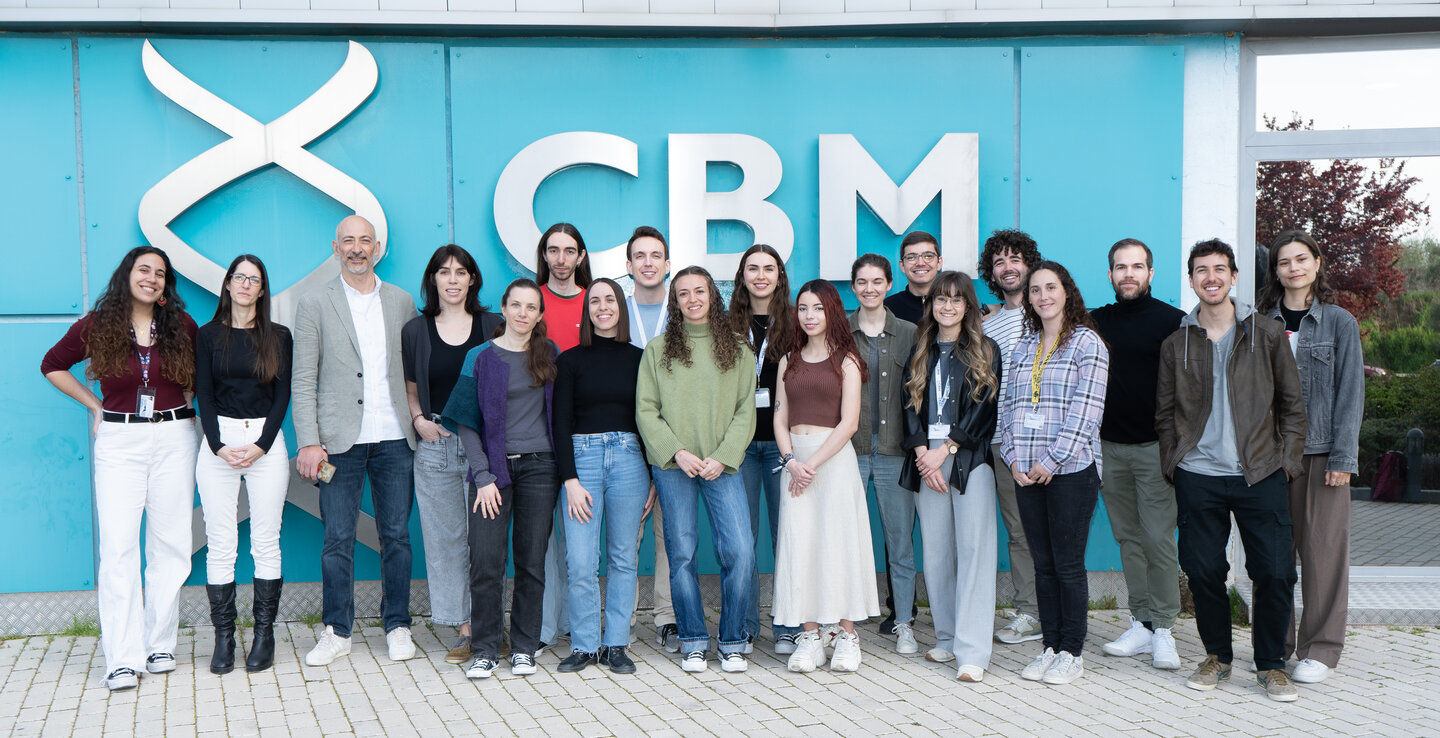Internal Morphogenesis and Homeostasis
Our main scientific interest is the understanding of intestinal morphogenesis and cellular polarity during morphogenesis, homeostasis, and regeneration, as well as their implications in human diseases, such as cancer, inflammation and intestinal bowel diseases (IBD). Our research is based model systems such as organoids. Moreover, with this system, we are obtaining essential information about the molecular mechanisms that regulate epithelial morphogenesis. However, this model cannot reconstitute the complexity of the architecture given in vivo, which includes different cell types, dynamic remodeling, and tissue homeostasis. For this reason, the use of in vivo systems should serve to validate and better characterize the phenotypes observed in vitro. We used the zebrafish and mouse intestine as models systems to elucidate epithelial morphogenesis and intestinal homeostasis.
We are focused on the analysis of genes that regulate epithelial polarity during morphogenesis, and intestinal homeostasis, and particularly those controlling the following processes: Signaling, membrane trafficking, mechanical forces, and metabolic remodeling.
Group leader
Fernando Martín Belmonte
Principal Investigator
- Nuria Martínez Martín
Collaborating Staff
- Tatiana Alfonso Pérez
- Gonzalo Herranz Gómez
- Marta Iborra Pernichi
- Gabriel Baonza Martínez
- Tamara González Martínez
- María Velasco de la Esperanza
- Jonathan Ruiz García
- Diego Alonso Larre
- Alberto Sánchez de la Cruz
- Laura Akintche
- Carlos Quintana Quintana
- Belén Seco Estrada
- Elena Rodríguez Bovolenta

Principal Investigator
- Nuria Martínez Martín
Collaborating Staff
- Tatiana Alfonso Pérez
- Gonzalo Herranz Gómez
- Marta Iborra Pernichi
- Gabriel Baonza Martínez
- Tamara González Martínez
- María Velasco de la Esperanza
- Jonathan Ruiz García
- Diego Alonso Larre
- Alberto Sánchez de la Cruz
- Laura Akintche
- Carlos Quintana Quintana
- Belén Seco Estrada
- Elena Rodríguez Bovolenta
STRATEGIC OBJECTIVES
- Addressing the mechanical response of intestinal cells and mitotic spindle orientation in order to generate key information for CRC treatment.
- Analysis of the biochemical and biomechanical properties of epithelial organoids during intestinal development, and addressing their impact on the development and progression of cancer, taking advantage of the "organ-on-a-chip" organoid model.
- Expanded knowledge of intestinal cells and their relationship to autophagy, cellular metabolism and paracellular communication, essential for intestinal development and homeostasis, and their related conditions such as CRC.
- Exploration of the use of the high absorptive capacity of LREs to facilitate the entry of nanocarriers via oral to provide new approaches in the delivery of biological drugs across biological barriers such as the intestinal tract.
- Characterization of the role of metabolism as a regulator of B-cell activation and differentiation in normal physiological conditions, to then understand its role in pathology and identify new biomarkers of disease and potential therapeutic targets.
RESEARCH LINES
1. Characterize the role of lysosome-rich enterocytes (LRE) in the early stages of development, metabolism, and effect on intestinal homeostasis.
2. Cellular strategy to improve drug absorption for cancer treatment.
3. Characterize the role of B cell immunometabolism in the immune response.
4. Characterize the role of smoothelin-like2 (smtnl2) in the reorganization of the cytoskeleton, and in the progression of carcinoma in intestinal tissues.
Location
Centro de Biología Molecular Servero Ochoa (CSIC-UAM)
(lab 120)
Universidad Autónoma de Madrid
C. Nicolás Cabrera, 1, 28049 Madrid
+34 91 196 47 21
Keywords
cell polarity, epithelia, gut, morphogenesis, organoids, protein trafficking, cancer
